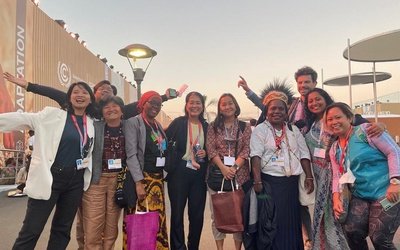
After a busy week filled with side-events, meetings, negotiations and covid, our colleagues Daan and Niels are back in the office in Utrecht. Together, they look back to their expereiences and results during the climate conference COP27 in Egypt.
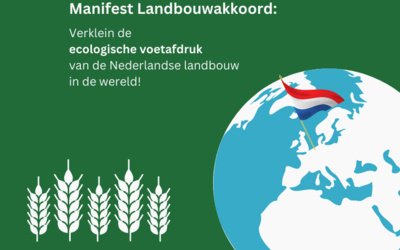
Our manifesto "The Dutch Agriculture Agreement reaches further than the Netherlands: offer prospects for sustainable farmers and consumers worldwide" has now been signed by over 70 civil society organisations, agricultural organisations and companies, environmental organisations and scientists from around the world. Below, a few of them give their personal motivation why they support the manifesto.
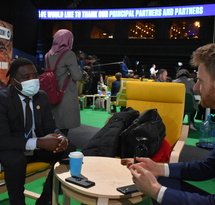
Climate action is urgently needed to slow down global warming. The effects of climate change are already showing themselves. Floods in Pakistan and closer to us, in the Netherlands, are causing loss of life and much emotional and economic damage, while local climate solutions are still largely being ignored. That's why Both ENDS is going to participate in COP27, the climate conference in Sharm El Sheikh, Egypt.
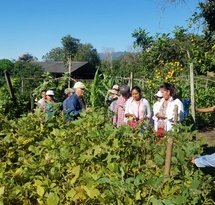
The lion's share of public budgets for climate, agriculture and development still goes to conventional agroindustrial projects that contribute to the current climate, food and biodiversity crises. Both ENDS and our partners are calling for a transition to agroecological practices that are people- and environment-friendly.
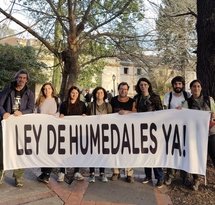
In Argentina, the wetlands of the Paraná Delta are burning. The fires, caused by human activity and aggrevated by climate change, clearly show the wetlands need protection. The Argentinian organisations that form part of the Wetlands without Borders programme are therefore calling for a strong "Ley de Humedales", a Wetlands Law.
In October 2022, the Dutch government published a policy to implement the COP26 statement in which it promised to stop public finance for fossil fuel projects abroad by the end of 2022 . The proposed policy, unfortunately, has quite some 'loopholes' that make it possible for the Dutch government to keep supporting large fossil projects abroad for at least another year. These projects often run for years and will have a negative impact on the countries where they take place for decades to come.